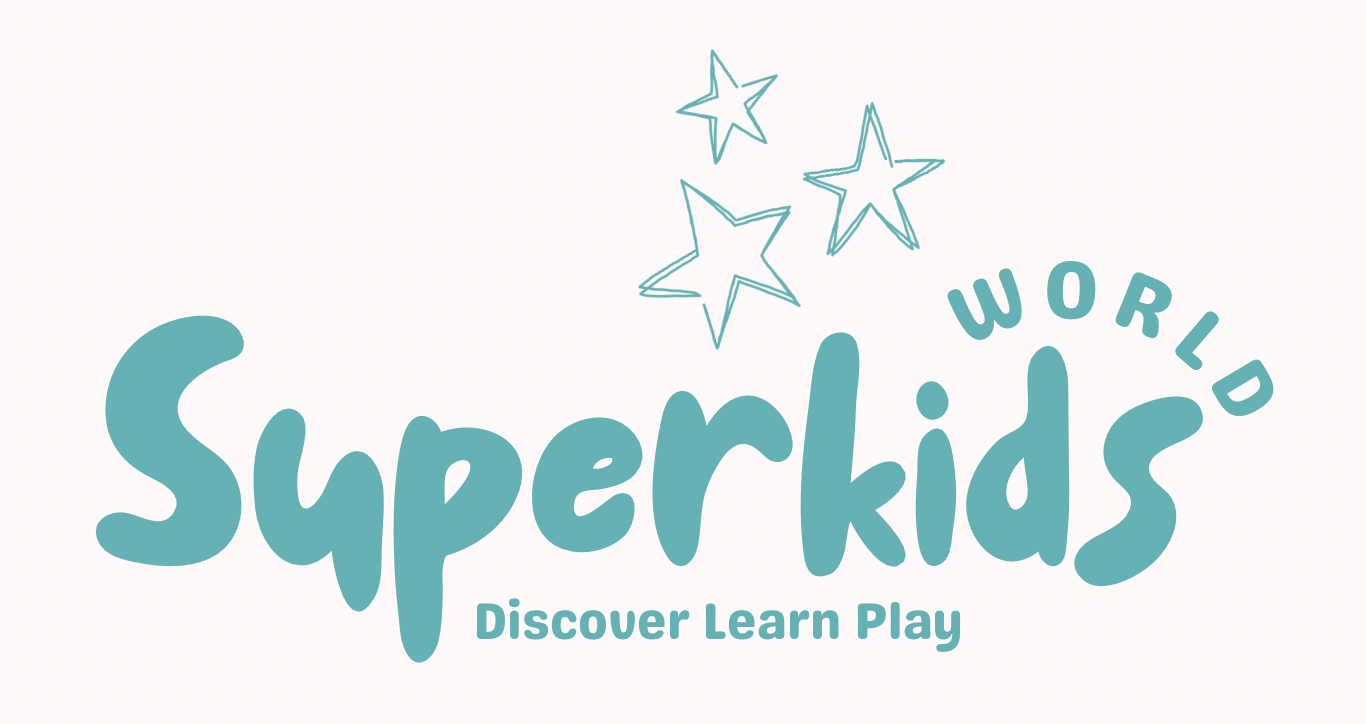Discover why play matters
Play fosters positive learning experiences by…
Be curious – letting children ask lots of questions.
Be imaginative – testing bold and creative ideas.
Be adventurous– engaging in active playing and exploring indoor and outdoor play.







Play isn’t just fun, it is essential for children’s development.
Why Play?
The skills developed from play
COGNITIVE DEVELOPMENT – play helps children develop problem-solving skills, critical thinking and creativity.
- Problem-solving skills
- Critical thinking
- Creativity
EMOTIONAL GROWTH- play fosters the development of emotional resilience, self-expression and the ability to manage emotions in a safe environment.
- Emotional Resilience
- Self-expression
- Emotions
PHYSICAL DEVELOPMENT- active playing helps improve motor skills, strength and overall physical health.
- Motor Skills
- Strength
- Physical Health
CURIOSITY & IMAGINATION – play encourages children to explore, ask questions, and try out new ideas.
- Critical Thinking
- Creativity
- Communication
- Resilience
SOCIAL SKILLS – play teaches teamwork, communication, sharing and conflict resolution.
- Teamwork
- Communication
- Sharing
- Conflict Resolution
PARENT-CHILD BONDING – play creates opportunities for meaningful interactions between parents and children, strengthening their relationship.
- Meaningful Interactions
- Strengthens Relationships
STRESS RELIEF – play is an outlet for relieving stress and fostering happiness for both children and adults.
- Relieving Stress
- Fostering Happiness
LIFELONG LEARNING – the habits and skills formed during play set the foundation for a lifetime of learning and growth.
- Habits and Skills
- Learning and Growth
